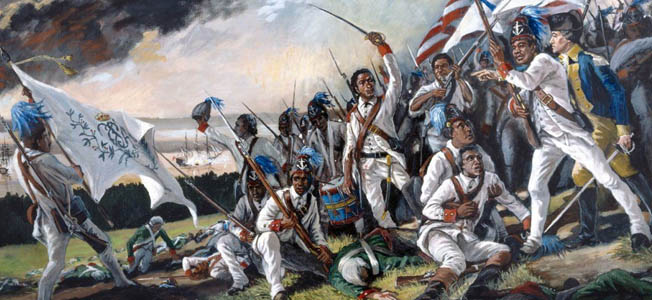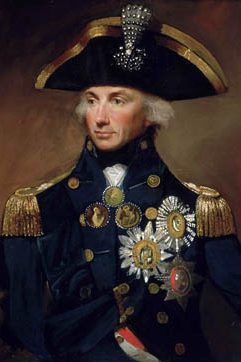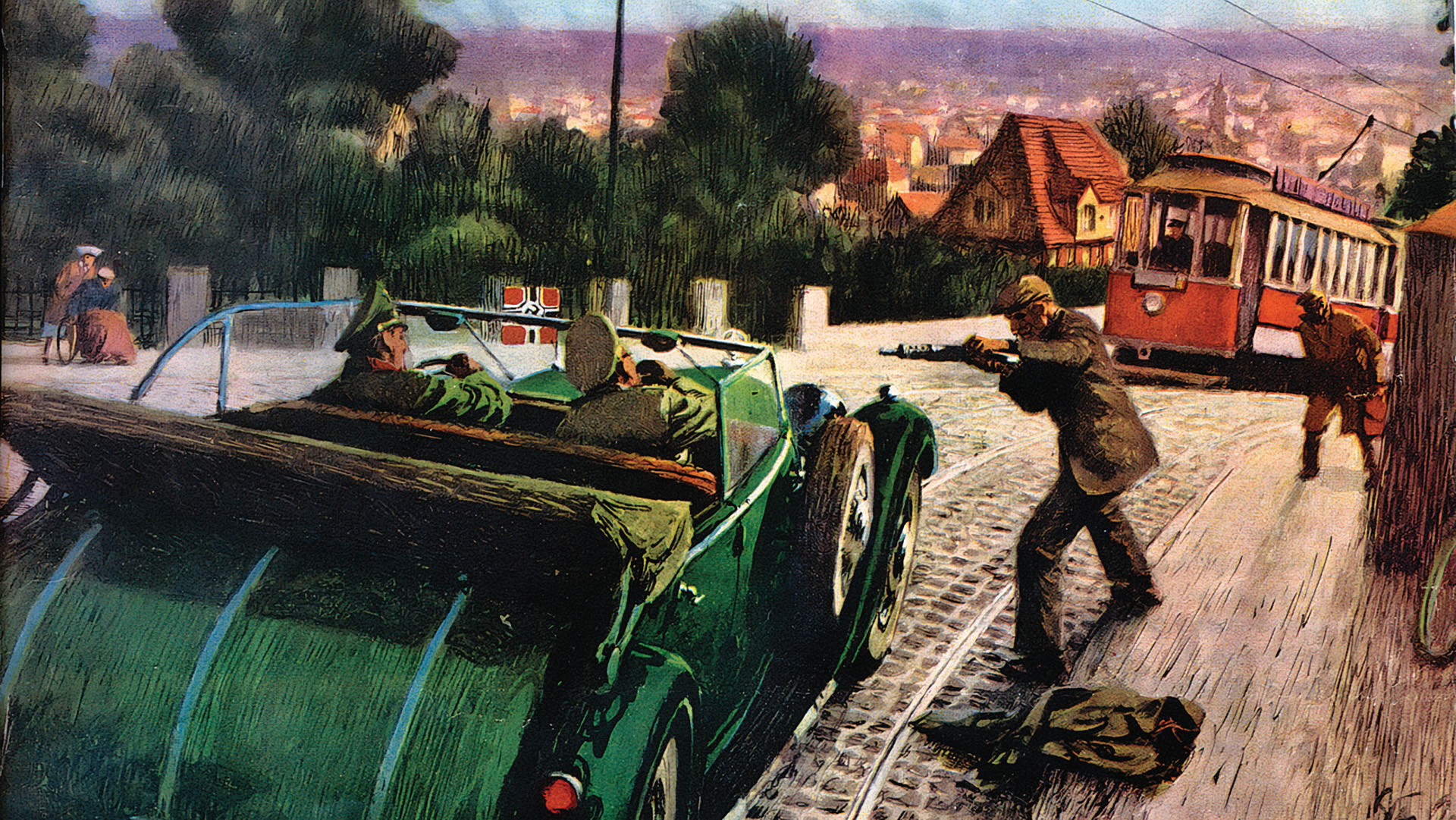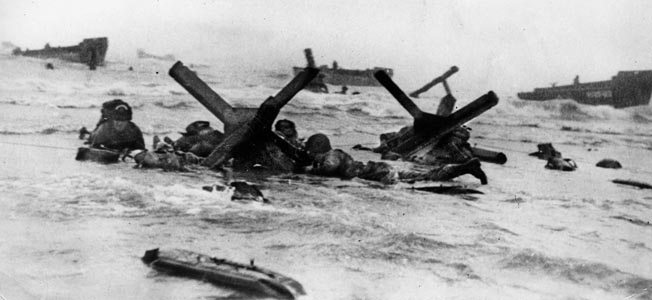In 1778, the Rhode Island legislature passed a law that allowed black slaves to enter the war in order to gain their freedom. Michael Lee Lanning quotes Rhode Island Governor Nicholas Cooke in his book, African Americans in the Revolutionary War:
“Liberty is given to every effective slave to enter the service during th war; and, upon his passing muster, he is absolutely made free, and entitled to all the wages, bounties, and encouragements given by Congress to any soldier enlisting into their service.”
– Governor Cooke, in a letter to Washington, February 23, 1778.
[text_ad]
Some whites opposed this measure. According to Lanning, local whites were telling their slaves that if they joined the regiment, they would be sacrificed as “breastworks” and that if taken prisoner, they would be “taken to the West Indies and sold as slaves.”
About 90 slaves enlisted to gain their freedom. Many of them had no prior experience handling muskets or other weapons, but after six weeks of training, they were battle-ready, and soon joined the American and French effort in the Battle of Rhode Island. According to Lanning, “there is no doubt that the black Rhode Islanders fought well in the battle and contributed to its success,” although “their role was fairly minor.”
Despite the outstanding performance of the black regiment, the State of Rhode Island soon voted in a new legislature, and one of their first acts was to repeal the slave-enlistment law. The new law stated: “It is therefore voted and resolved, that no negro, mulatto, or Indian slave, be permitted to enlist into said battalions from and after the tenth day of June next; and that the said act then expire, and be no longer in force.”
You can read all about the 1st Rhode Island “black regiment” in Lanning’s book, or by visiting BlackPast.org.









Join The Conversation
Comments
View All Comments